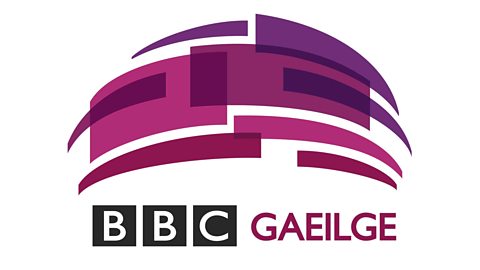 Many years ago I was working in the BBC in Belfast as an online journalist. It was a happy time generally speaking and I was working with fine colleagues and enjoying my work. Apart from one thing, I became embroiled in a public dispute with the Arts Council over what I and many in the Irish language community felt was continued underfunding by the Arts Council of Irish language arts projects. I had a meeting with management and agreed not to continue as it could potentially compromise the BBC’s commitment to impartiality. Shortly afterwards in 2001 I left voluntarily to work with the Irish language newspaper, Lá, which became a daily in 2003.
Many years ago I was working in the BBC in Belfast as an online journalist. It was a happy time generally speaking and I was working with fine colleagues and enjoying my work. Apart from one thing, I became embroiled in a public dispute with the Arts Council over what I and many in the Irish language community felt was continued underfunding by the Arts Council of Irish language arts projects. I had a meeting with management and agreed not to continue as it could potentially compromise the BBC’s commitment to impartiality. Shortly afterwards in 2001 I left voluntarily to work with the Irish language newspaper, Lá, which became a daily in 2003.
I mention this because the Irish language is now a much hotter topic in NI current affairs, being one of the obstacles to the return of powersharing.
Now I feel the BBC’s commitment to impartiality is compromised by its failure to act on the ongoing failure by high profile presenters to treat the Irish language with professional impartiality, namely in this case to pronounce Irish names correctly, as they would names in other languages.
This is not an effort to compel BBCNI and Radio Ulster/Foyle presenters to learn Irish but it is a call for BBC NI management to act on this issue. A substantial number of people in NI say they are Irish speakers, their names are expressed in Irish. This number will only increase in the time ahead as more and more people attend and graduate from Irish medium education. They will be called on to contribute to BBC programmes on a range of issues, not only politics and current affairs. They should be anyway as they’re among the best qualified people in the country in many areas of expertise – that’s my bias talking I suppose but it’s not far off the mark.
I’m pretty sure if you go to BBC in Manchester or London or anywhere else outside NI you will hear people whose names are far more difficult to pronounce than the average Irish speaker’s name. But they are pronounced correctly by the very professional presenters.
Earlier this week Stephen Nolan interviewed Colm Eastwood about his speech regarding United Ireland and proposals for a unity poll at the Fianna Fáil Ard Fheis. He mangled the pronunciation of Fianna Fáil, a major political party on this island. He pronounced it as ‘Fianna Fail’ (=hail) rather than Fianna Fáil (=wall). ‘Fail’ might be a justifiable verdict on the party’s performance but that’s not a call for Stephen Nolan, presenter with the impartial BBC to make. It’s not only Fianna Fáil whose name he and others mangle.
Any number of spokespeople for organisations involved in Irish language advocacy and political parties have their names mispronounced on an ongoing basis by BBC presenters and journalists. If you’re being introduced in an on air political debate about a contentious issue, how do you recover from the mangling of your name by the presenter, who’s being paid to be there, at the outset and, no doubt, continually during the debate by the presenter and others?
The ongoing failure of BBC management to take corrective action on this issue is an indictment of the broadcaster and fatally compromises their commitment to accuracy and impartiality as expressed in the ‘bible’ of the BBC, the Editorial Guidelines.
In other areas regarding the Irish language, the BBC does excellent work with great radio programmes such as BBC Blas and TV programmes like Cormac Ó hAdhmaill’s excellent series ‘Ar Scath na Sléibhte’ or ‘Duais an Dorais’ or many others which can be accessed through the BBC Gaeilge website.
It’s now time for the BBC to take the next steps.
Discover more from Slugger O'Toole
Subscribe to get the latest posts to your email.
